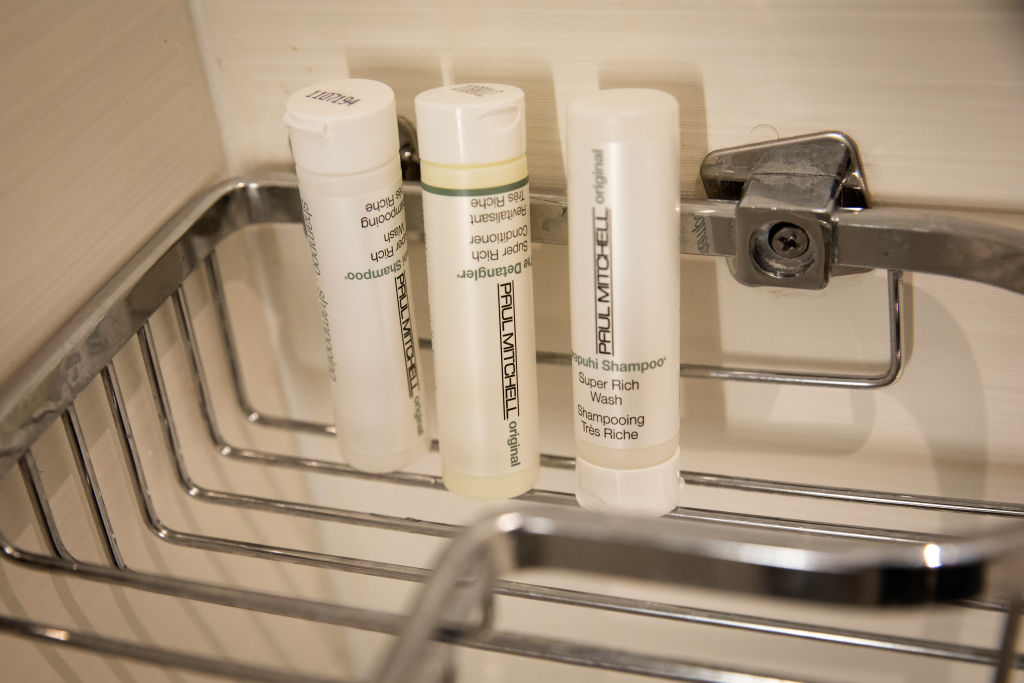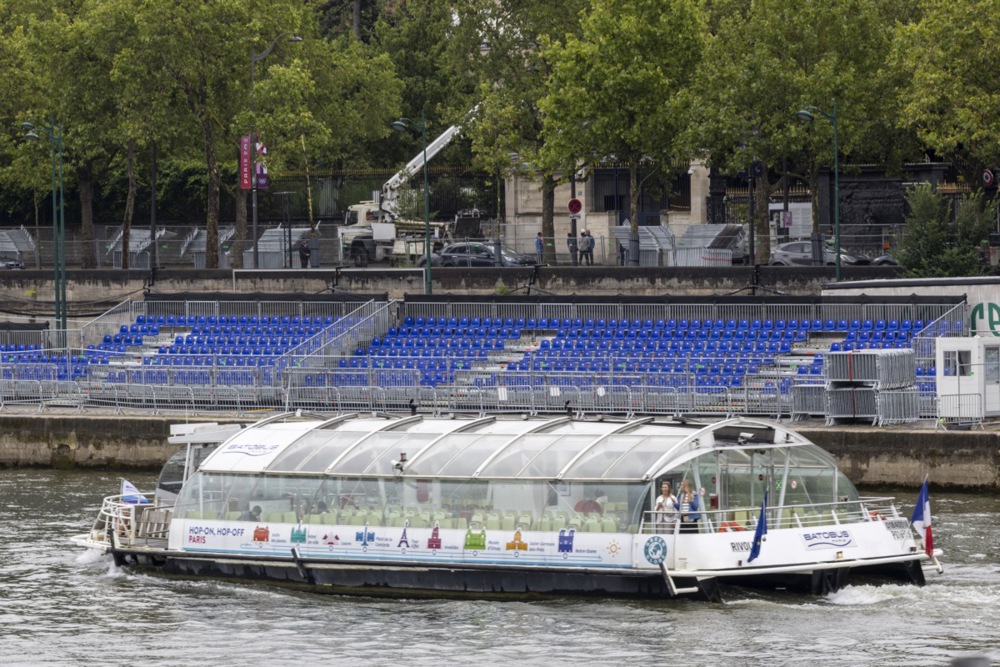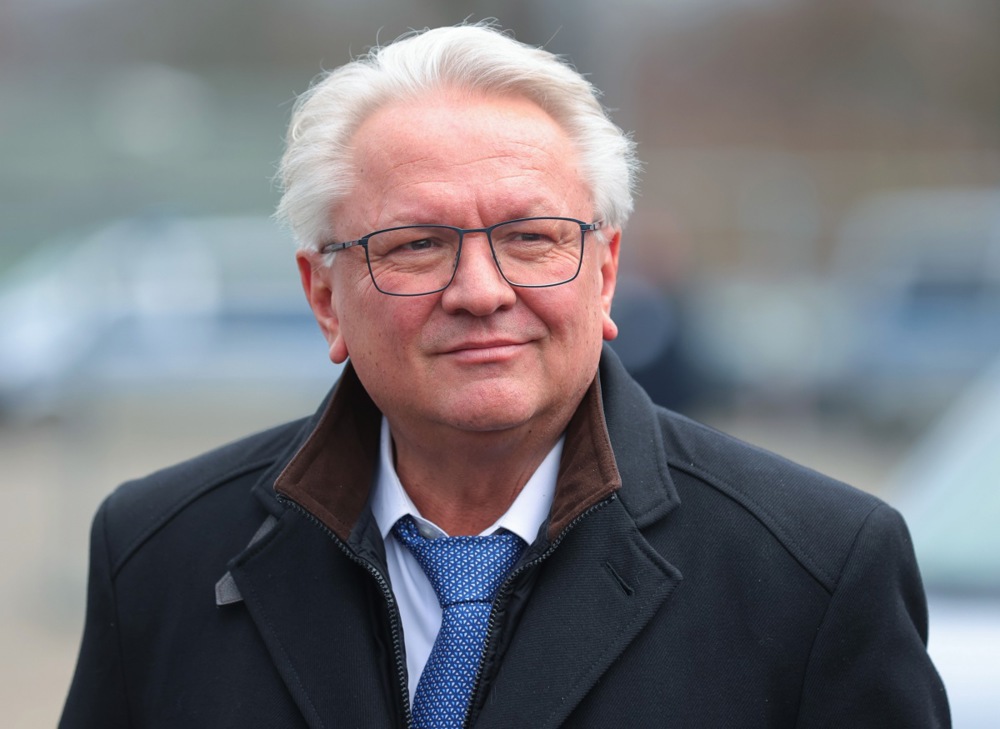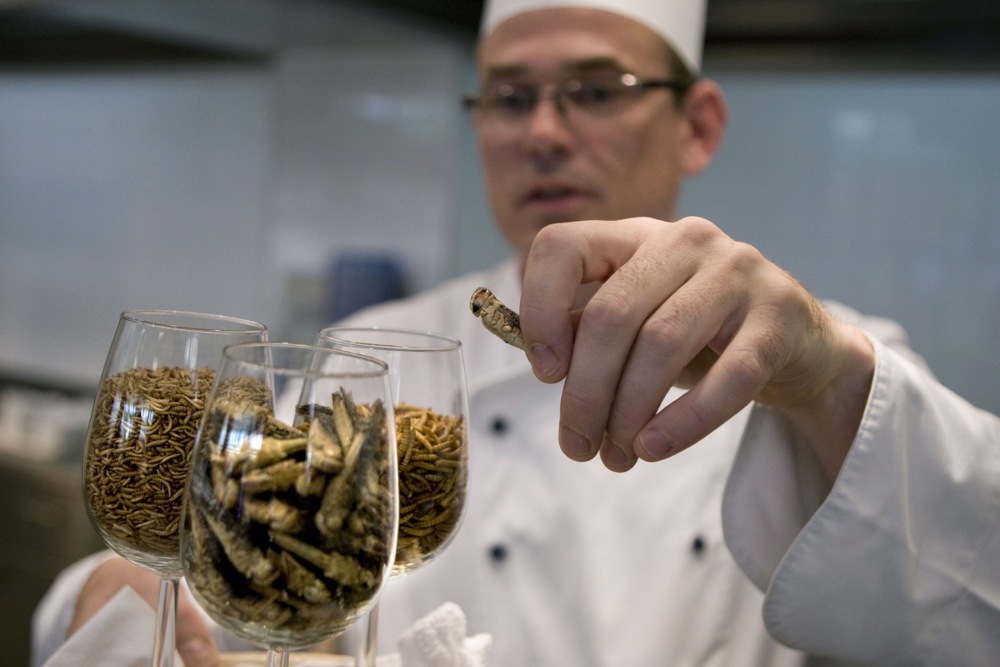Serbia and the EU announced a major deal June 19 to develop a joint lithium mining project.
The deal offered the EU a crucial ingredient for producing electric batteries, an essential building block for the continent’s green transition, and also had the potential to reduce the EU’s dependence on batteries from China.
Serbia’s mining and energy minister Dubravka Đedović signed a memorandum of understanding (MOU) with EU energy commissioner Maros Šefčovič about the project.
Šefčovič called the partnership historic, saying the agreement “on sustainable raw materials, battery value chains, and electric vehicles is a testament to our shared commitment to driving forward the green transition”.
“Through strategic collaboration in these key sectors, we unlock immense potential for sustainable growth and innovation, while also enhancing Serbia’s integration with the EU’s single market and further boosting its economic, social and environmental convergence with the EU,” she added.
???? In a few years' time, Serbia is set to be home to the full e-mobility value chain, from mine to market.
A unique position of strategic importance, with prospects of as many as 21,000 direct and indirect local jobs – and I'm glad that our Team Europe is partnering on this. pic.twitter.com/ucQRX3TTtw
— Maroš Šefčovič?? (@MarosSefcovic) July 19, 2024
Serbian President Aleksandar Vučić and German Chancellor Olaf Scholz also praised the mining project, worth €6 billion in direct investment for Serbia.
The deal, “by far the biggest investment ever” in his country, will bring huge economic growth to Serbia, said Vučić.
Germany was able to offer the project its expertise with environmental protection and biodiversity, and had extensive knowledge about mining, said Scholz.
The initiative would bolster Europe’s strategic autonomy and create opportunities to enhance battery and electric vehicle production, Scholz emphasised.

He called manufacturing batteries and electric vehicles–with automobile manufacturing incidentally one of Germany’s largest industries–crucial for achieving climate goals.
“Today’s decision is significant,” Scholz stated, adding it “strengthens our resilience and promotes industrial growth.”
“This partnership aims to strengthen political ties and foster sustainable economic growth in both Serbia and the EU, supporting Serbia’s EU accession efforts,” Serbia’s government said in a July 18 statement.
According to Vučić, Serbia’s lithium exports will go exclusively to the EU for now, despite strong Chinese interest.
Serbia has been trying to join the EU since 2012, but tensions with Kosovo have delayed this.
Until recently, European institutions, media and NGO’s depicted Vučić as an authoritarian ruler. The EU’s criticism has waned, though, as calls have grown for permitting all Balkan countries to join.
Portugal is heading for a probable snap election after Prime Minister Antonio Costa unexpectedly ended his eight-year tenure amid a probe into possible corruption involving lithium and hydrogen projects. https://t.co/7ghFi1xPT2
— Brussels Signal (@brusselssignal) November 8, 2023
According to Serbian media, the Jadar mine holds Europe’s largest reserve of lithium, with potential to produce up to 58,000 metric tons of lithium annually.
This is sufficient for manufacturing batteries for approximately 1.1 million electric vehicles.
Three major corporations have significant stakes in the project, German luxury automaker Mercedes-Benz, global automotive group Stellantis, and Australian mining giant Rio Tinto.
If all goes as planned, lithium production could start as early as 2028.
Despite the economic benefits, there have also been strong local pushbacks against the project.
Mass protests have in particular reflected popular environmental concerns about the mine.
Serbian activists labeled their government’s decision to allow lithium mining “an epic crime against people and nature”.
Lithium mining consumes large amounts of water, while the extraction process can also pollute groundwater.
Open-pit mining can especially disrupt ecosystems, destroying habitats and landscapes.
Mining activities can also cause soil erosion and contamination, while dust released from mines can cause air pollution.
Residents of the Jadar Valley created the association Ne damo Jadar–“We won’t give up Jadar”–to fight the opening of the mine.
Most of the area’s residents work in farming, and fear losing their homes and livelihoods while potentially developing diseases or cancer.
Due to the mass protests, the government halted the project in 2022.
However, in June 2024, Serbia’s Constitutional Court struck down the government’s decision, which it ruled unconstitutional and against existing laws.
Opposition MP Aleksandar Jovanović Ćuta of the Green Party called Scholz a “little American puppet”, and urged opponents to mobilise and demonstrate.
Other Serbian environmentalists argue Germany has large deposits of lithium in its underground thermal waters, which it should instead exploit.
In 2021, Ćuta was interrogated by the anti-organised crime department of the police after he made a television appearance about his environmental activism.
After the decision by the Serbian court to permit the government to proceed with the mining project, Ćuta warned, “We will wait for them on bridges, on roads, everywhere their machinery appears.”
"Čekaćemo ih na mostovima, na putevima, svuda gde se pojavi njihova mehanizacija", izjavio je na konferenciji za novinare u Skupštini Srbije lider Ekološkog pokreta Aleksandar Jovanović Ćuta o tome da li će Vlada Srbije ukinuti zabranu iskopavanja litijuma i da li će Rio Tinto… pic.twitter.com/rs2ckIOoaf
— TV N1 Beograd (@n1srbija) July 9, 2024





